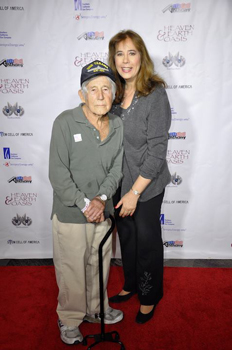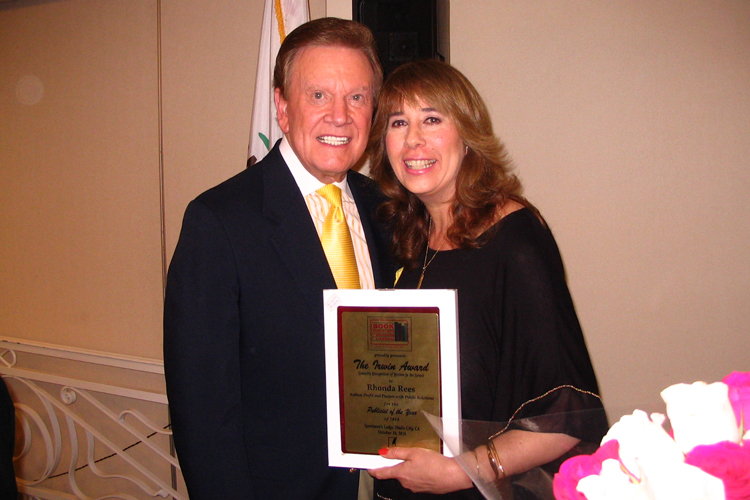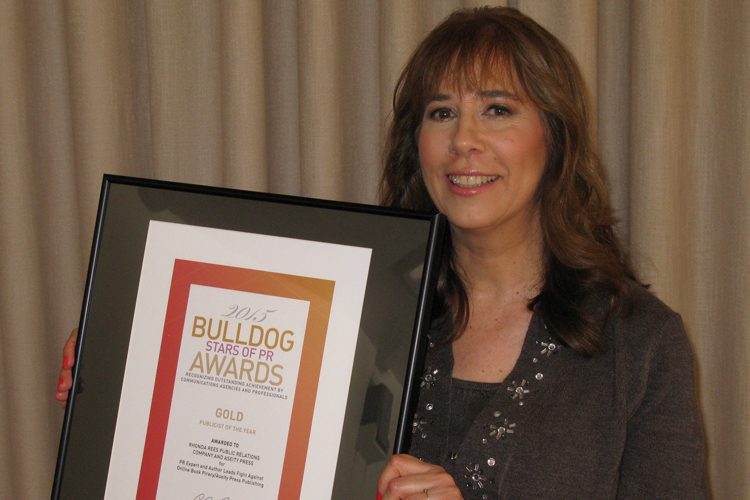Starting out on a career path in public relations, journalism or communications can be a very exciting time for any student. These influential vocations are very creative, interesting and significant. Being at the forefront and reaching the masses through the media, and having the ability to shape attitudes, all while educating the public are all quite special and important.
It was for these reasons that I first majored in Speech Communications while in college, and ultimately embarked on a successful journey into public relations, becoming a published author, speaker and advocate along the way.
But the road to get there wasn’t always a smooth one. At times, it was filled with many twists and turns. To help you best navigate your way through this new territory, I’d like to highlight some solid options for your consideration, while providing you with practical job hunting advice. I’d also like to share some important information about career qualifications and resources, and tell you about organizations that you can join. Additionally, I’ll be discussing real PR salaries, and will give you first-hand examples from my own personal experiences.
Start with a BA, good communication skills & stay up-to-date on the news
As a student, your career in the communications field, whether in PR, journalism or in some other related industry, should start while you’re still in school. In fact, to enter the public relations industry, you need a BA degree. Good communication skills are also paramount, as are a strong writing ability, creativity, and an eye for detail, good grammar, organizational know-how, solid ethics, and a pleasant persistence.
To be successful in PR, it is also very important to be up on world news and geography, and to be familiar with various national and international time zones.

Rhonda next to WWII veteran, author and documentary film subject Leon Cooper at a PR event | Rhonda Rees
Courses & majors to consider
Here are some specific courses and majors that you can consider beginning a career in public relations, journalism or communications: Advertising; communications; English; journalism; marketing; public relations; radio, television, and film (There’s also the online news-Internet major). Additionally, a minor in business, liberal arts, history, political science, or economics would also help to broaden your background as well. Many colleges and universities offer excellent academic and personal guidance to assist students with their future professions.
Optimize your time in college
It’s very smart to not only learn as much as you can about your chosen major, but also to spend your time taking classes in writing, public speaking, and multimedia. It’s also wise to sharpen your online social media skills, and to keep up with the latest technologies. Volunteering your time by serving in the student government, or on the college newspaper, and attending job fairs is a plus.
Internships are worth gold
With the actual job hunt itself, doing an internship or more than one is always a good move for a newcomer. They offer invaluable experience. The most helpful internships provide training in writing, layout, and editing of newsletters, press releases and feature stories. Also, having experience in producing promotional materials, researching and preparing media lists, designing audiovisual presentations, photography, and assisting in fundraising and special events planning is quite beneficial, as is information technology (IT) training and skills.
Working with organizations and doing hands-on internships with reputable companies is worth its weight in gold, and will help to give you that practical “real world” knowledge and experience that you’ll need, while helping to build up your resume.
Resumes, social media & interviews
As most of you probably know, many employers are accepting online resumes only. Internet-ready versions commonly contain keywords and links that are embedded into the text. The convenience of this format allows a student to have an easier time reaching recruiters through e-mail or by posting their resumes on numerous databases, and websites.
Before you even send off a resume, however, remember that it’s very important for you to have a positive and reputable presence online. Be careful not to post anything that may be embarrassing.
Remember that employers can easily see what you’ve been up to, so it’s wise to make sure that what you say in cyberspace truly reflects who you are.
Once you’ve sent off an application, if the recruiter is interested, you will likely be pre-screened through a Skype call first, before he or she decides on a final in-person interview. It’s also very important to research the company you are interested in, and to wear appropriate professional attire. This is not only helpful while looking for a job, but also when you’re working in the industry as well.
Resources, job boards, organizations & more
In terms of resources, there are many good websites, blogs and social media opportunities that showcase career options to suit your specific needs, such as job banks, search firms, and freelance work opportunities in your field of interest.
Resources:
- LinkedIn for resources, contacts, networking job search
- Indeed.com for job searching
- Adweek
- Editor & Publisher
- PR Week
- Bulldog Reporter’s Daily Dog online newsletter
- PR Daily
- O’Dwyer’s
- Public Relations Tactics
There are also some very excellent organizations that a student can join.
Organizations:
- The Public Relations Student Society of America (PRSSA) is a prime example. Founded by the Public Relations Society of America (PRSA) in 1968, it has earned the distinction of being the pre-eminent public relations student organization in the US. PRSSA’s purpose is to cultivate a mutually advantageous relationship between students and professional public relations practitioners. There are more than 10,000 members in over 300 chapters on college campuses across the country.
- Another organization is the Plank Center for Leadership in Public Relations. They help to develop leadership values and public relations skills, emphasizing the relationship between education and practice. They hold a variety of programs in connection with other organizations.
Let’s get real about salaries
According to the Bureau of Labor Statistics, the number of people working in public relations in the US is estimated at approximately 225,000. More than half are women. Compensation depends on an individual’s qualifications and experience level, responsibilities of the position, financial strength of the company and the general state of the economy, as well as geographic area.
Those individuals working in bigger cities will often command higher earnings.
Entry level salaries in PR start at around $30,000, with an average full-time public relations specialist making between $32,000 to $49,000.
The median salary for more experienced PR practitioners is $95,000 to $135,000, with men earning money on the higher end of that scale, according to the latest statistics from PR Week’s annual 2017 salary survey by Bloom Gross & Associates.
For a complete description of public relations job titles, responsibilities and salaries for positions such as account coordinator, account executive, account supervisor, or PR manager, check with individual agencies, companies, or organizations that are offering specific work opportunities.
How I myself got started

Rhonda with game show host Wink Martindale. She was awarded the IRWIN Publicist of the Year Award | Rhonda Rees
To round out this article, I thought that I’d share with you how I landed my first job in the business. My early start can be traced back to when I, too, was a college student.
At that time, I was very involved in the student government, volunteering my time by serving on several committees. I then won the Senator of the Year Award, placed 3rd in a statewide public speaking competition, and was granted a scholarship for my school service. I also took writing, public speaking and media courses, and I did a couple of internships. One was at a PR agency, and another at a popular radio station. This led me to be hired at a public relations firm while I was still in college, and the transition was a pretty smooth one. At the time, my boss was the Los Angeles chapter president of the Public Relations Society of America (PRSA), and I was fortunate to have had this great mentor teach me the ropes. I must say that I learned so much from this one-of-a-kind experience.
Since those early days, I have gone on to open up my own firm. I’ve also served as director of student affairs and president of the former Publicity Club of Los Angeles, and I have been named the Publicist of the Year by the Bulldog Reporter publication. In addition, I have contributed my time Pro Bono to worthwhile causes and charities. But all of this would not have been possible unless I had first embarked on a specific course of study during my college days years ago.
Now I’m in a position to give something back. It’s been a real pleasure sharing with you some of the insights I have learned along the way into how you can better plan your own career, education and life ahead. And in the immortal words that my late PR boss Mr. Alfred E. F. Stern used to always say, “I’d like to wish you all the best.”
Digital Marketing & Social Media Internship Seminar in Madrid, Spain

